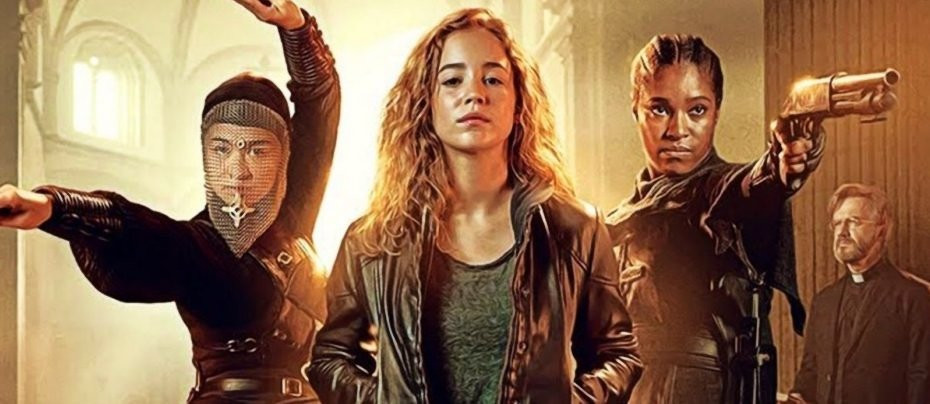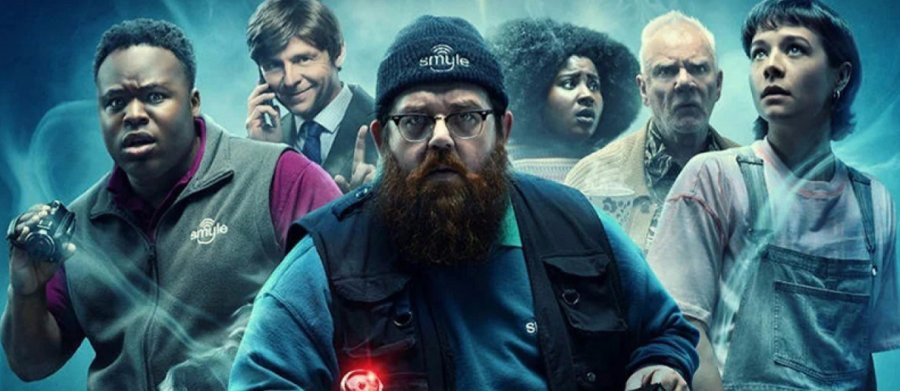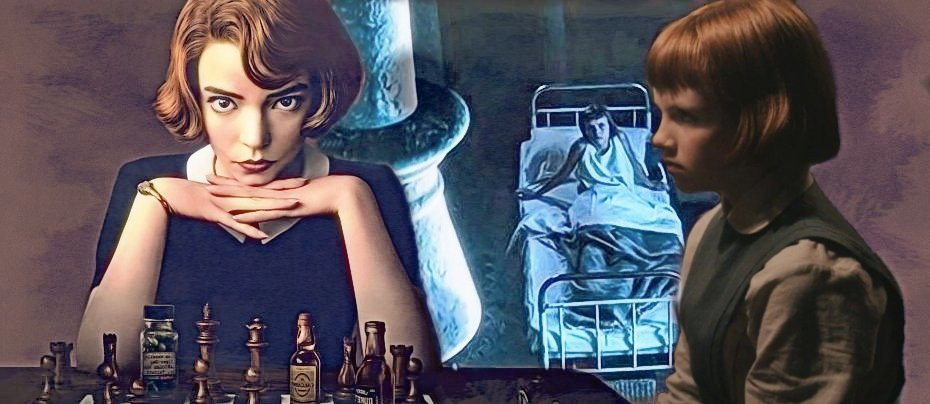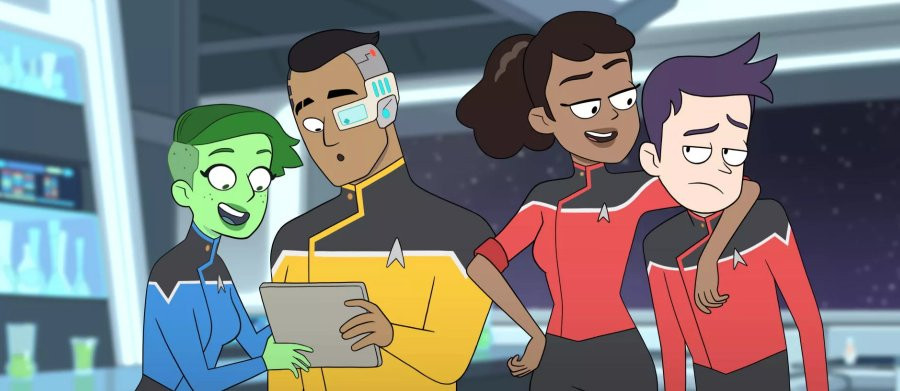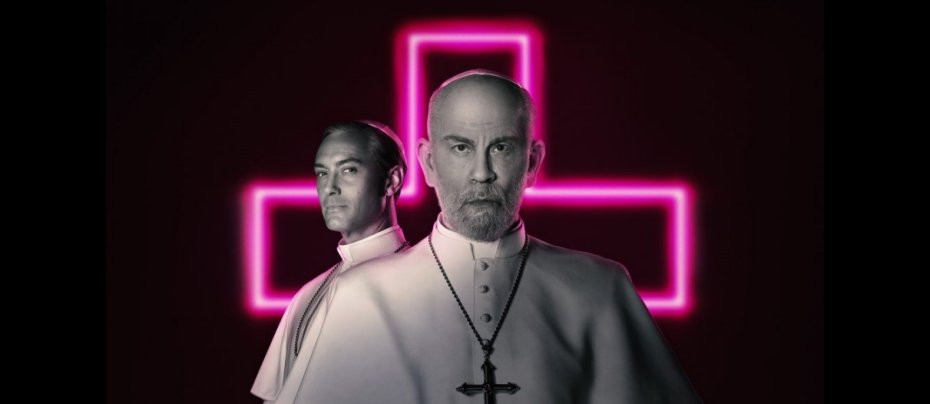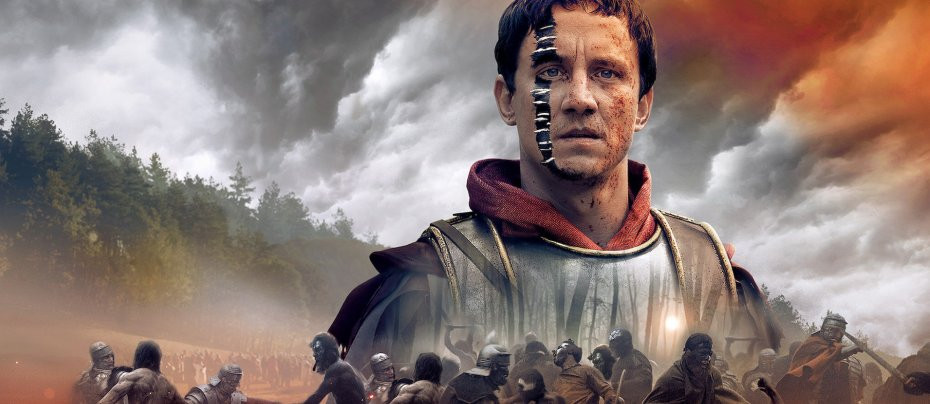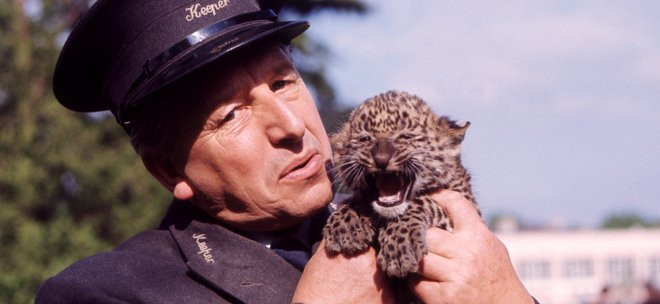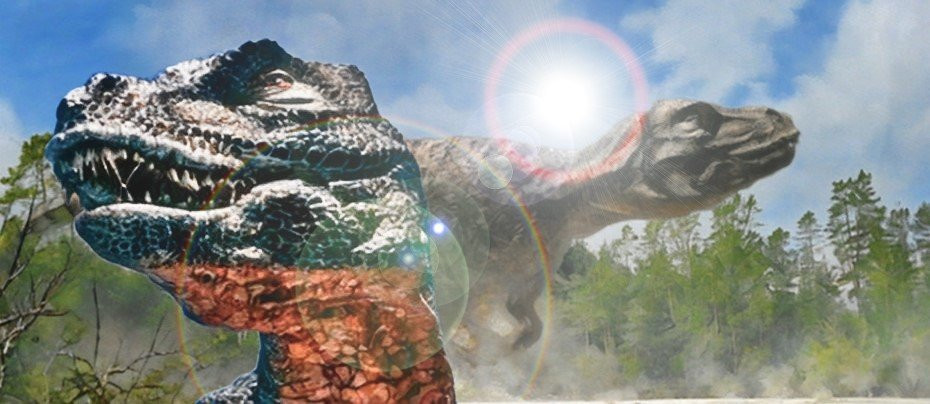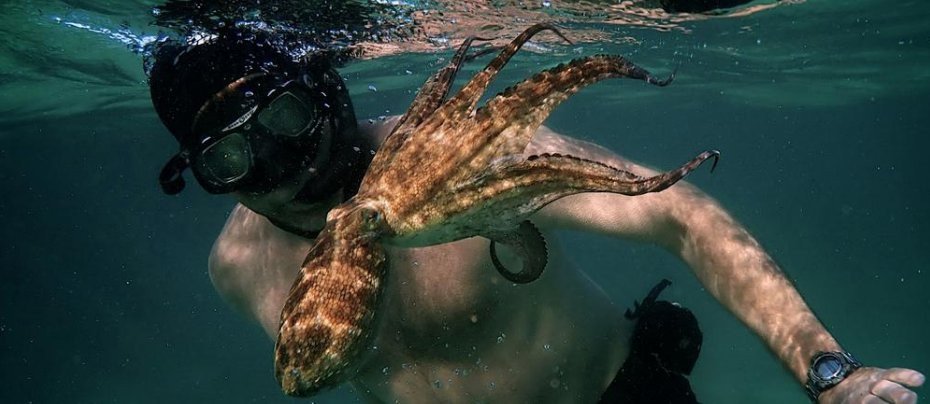
My Octopus Teacher
2020 - South AfricaAny film that can make a grown man feel emotional about a mollusc deserves an an Oscar - and that is what My Octopus Teacher got, along with a BAFTA, a PGA Award, critical acclaim, and immediate "cult" status. It is essentially a television wildlife documentary, but it was part of the deliberate, and very successful, strategy by Netflix to give prestige productions a limited cinematic release in order to qualify for major Awards.
The basic theme of My Octopus Teacher is by no means original. There are many cases of human beings, your reviewer among them, forming strong individual connections with particular wild animals. Through the connection, the human learns about the animal, and then begins to reflect on Nature as a whole and our part in it. Concepts such as the unity of all things, the wonder of life, and its fragility, words that we may have accepted in principle but not felt, become tangible realities. In this sense the animal does indeed "teach" the human, even if it must be stressed that there is a limit to how much we can learn from Nature alone.
There is a well established literary sub-genre dedicated to such experiences. It includes classics such as Born Free, Ring of Bright Water, and H Is For Hawk. As often as not, such works have a secondary theme: the understanding of Nature taught by the animals helps the humans put their petty human problems into perspective and so helps them move on from crises or difficulties in their own lives. My Octopus Teacher implies the same, even if it does not go into detail and develop this aspect as well as it might have done.
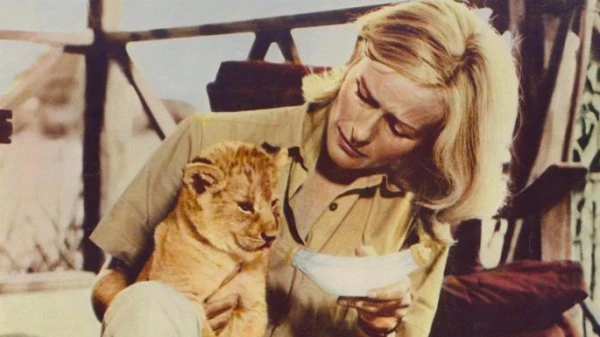
It is also a common trope that the animal first comes into contact with the human because it is injured or orphaned or otherwise in need of help. The human then takes the animal out of its environment and heals it. Sometimes the animal is then returned to the wild, but sometimes this is not possible. Either way, there is a neat symmetry: the human heals the animal and the animal heals the human.
In this respect, My Octopus Teacher departs from the norm. Here the animal remains in its environment throughout. Since the animal in question is an octopus - obviously - that environment is the Ocean, which is also unusual in such stories. So, instead of the human bringing the animal into his home, the human comes as a guest into the animal's home and is made welcome.
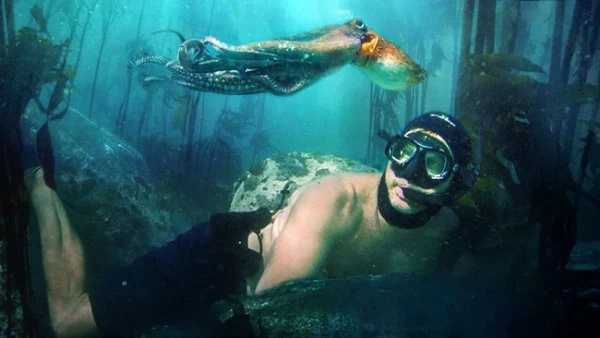
This means that the animal grants friendship on its own terms. The sick or orphaned animal, if it has any survival instinct and intelligence worthy of the name, soon realises that it is in its own interests to tolerate its human carer and co-operate with him. It may come to feel something resembling gratitude, and a substitute parent-child relationship may be established. None of this applies to an animal in the wild: what it gives, it gives freely.
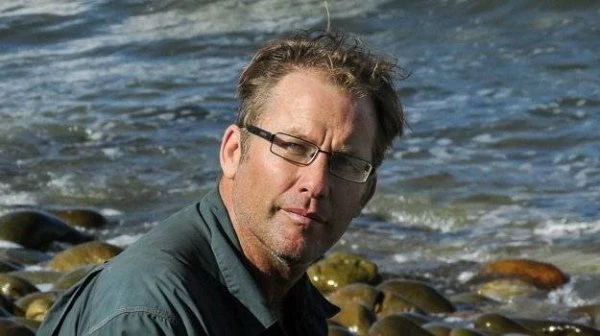
The filmmaker Craig Foster seems to have made the deliberate decision to try to maintain a wildlife documentary's objectivity in his non-interference with the life cycle of the female octopus he befriends. Conservationists tell us that this is the right thing to do with animals in the wild, but it is easier said than done. At one point he weakens and, rather pointlessly, tries to feed her when she is injured. It is a futile gesture, but it shows his real desire is for her to live, something it is important to remember when he seems more dispassionate in his observation.
For there is no doubt that the friendship between human and animal is real. Of course, anyone with pets knows that, but the friendship of a human with a wild animal in the wild is uncontaminated by any hint of dependency. It is a friendship that is earned.
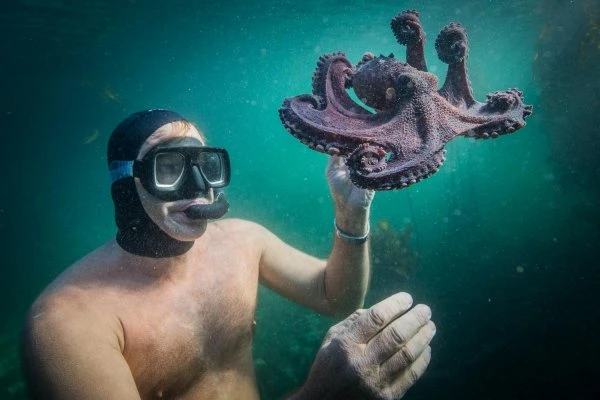
It is developed very gradually. At first the octopus is wary of the human diver. Slowly she comes to accept that he is not a threat and to tolerate his presence. The crucial moment is when a cautious tentacle reaches out to touch him. Then she begins to hug him. Eventually they reach a point where she swims up to him when she sees him, they embrace, and he tickles and cuddles her as one might a dog or a cat. Perfect trust has been established. It is incredibly moving.
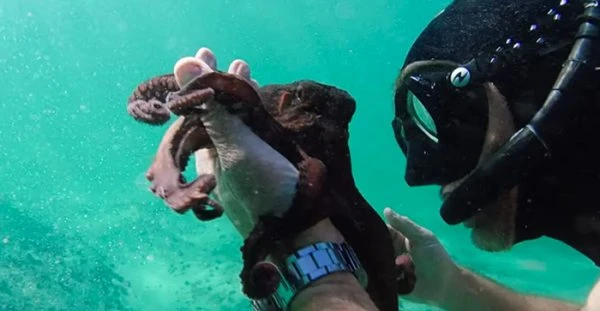
It has by this point been established that the octopus is very intelligent and adaptable in her hunting strategy, so it is no surprise that she even begins to incorporate the presence of her human friend in her hunts, using his bulk as a mobile block.
One cannot help wondering what she thinks he is. Is he no more to her than another inanimate part of her environment, except one that gives her pleasurable sensations when she is in physical contact with it, like a cat rubbing up against a piece of furniture? Or does she think of him as domesticated dogs think of their humans, as slightly odd members of their own species? The answer is probably somewhere in between, but the more we get into the story, the more our views develop in the latter direction.
To a very great extent, My Octopus Teacher has lured us into an ambush. We have low expectations of a friendship between a man and an animal that we may have assumed is only one up on undercooked calamari, so we are amazed when what we see - and feel - transcends anything we might have imagined.
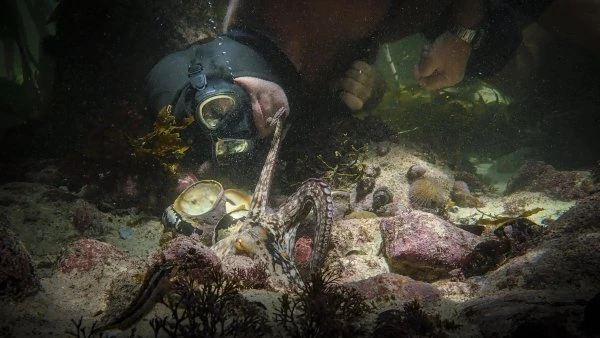
In fact, as Foster must have known from the beginning, scientists have long been well aware of the extraordinary intelligence of the octopus. It is one of the very few animals that use tools. Octopodes - to use the etymologically correct plural - are famous escape artists. Although it is not an issue in My Octopus Teacher, it has been established that they can tell individual humans apart - which is more than most humans can do with octopodes. What is well illustrated by the film is their extraordinary ability to camouflage themselves.
We see the octopus learn and develop new skills as the film goes on. She needs them. She is engaged in a literally constant battle for survival. It turns out that the crabs and lobsters that are her natural prey are capable of the sort of manoeuvres that are taught at the US Navy Fighter Weapons School, as seen in Top Gun. Meanwhile, she must in turn outmanoeuvre the innocuously named but deadly pillow sharks, large numbers of which infest the kelp forest where she lives.
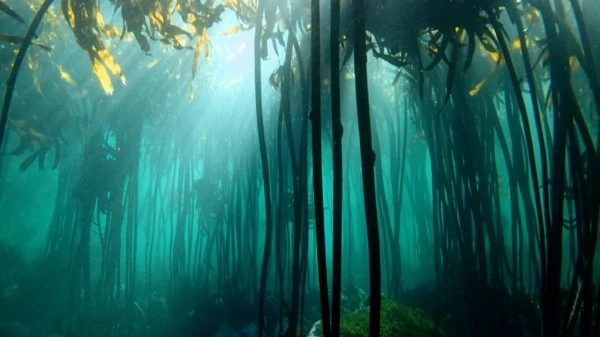
That kelp forest is, along with Foster and the octopus, the third main character in the drama. It hosts an astonishingly rich and diverse ecosystem. It is all the more astonishing because it is not located in the clear waters of the West Indies or Mauritius but off one of the most inhospitable coasts in the world.
The Cape of Good Hope in South Africa was at first known as the Cape of Storms - until the King of Portugal renamed it for obvious marketing reasons. The actual filming location in the unhappily named False Bay looks unspoilt and idyllic: what is not shown is that it is not far from the strategically important Simon's Town Naval Base. As Foster points out, the kelp offers some protection from the huge swells that come off the Atlantic - but not from the chilly Benguela current.
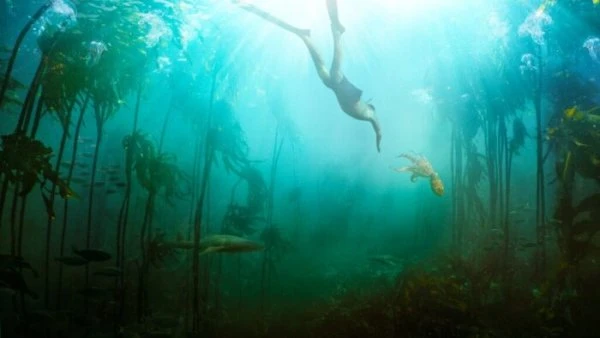
This is important because Foster filmed by free diving not scuba diving. While this minimised the disturbance, enabling him to get closer to the animals without frightening them, it brought problems of its own: time underwater was limited by the need to come up for air and by the cold. Foster assures us it is possible to get used to it - after about a year or so. There is even a joyous period of about 10-15 minutes when one feels incredibly alive. What he does not say is that this sweet spot exists between the initial shock of getting in the water and hypothermia beginning to set in. One of the many pleasures of watching My Octopus Teacher is the knowledge that Foster is doing this for us, so we do not have to.
Despite these restrictions, Foster manages to get everything he needs on film. It has to be said that this does raise the unworthy suspicion that, as with so many recent nature documentaries, there may be an element of contrivance. If not, then it is an even greater tribute to the dedication and craft of the filmmaker, and to the strange Providence that often blesses such projects.
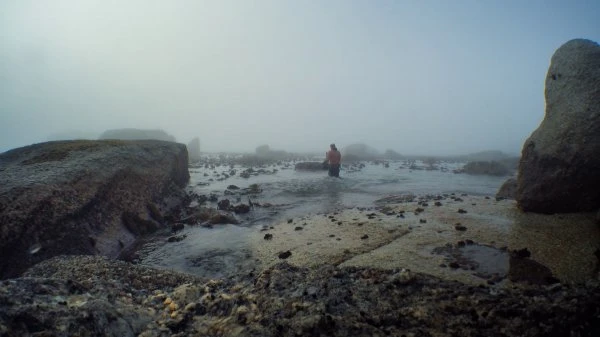
It must also be said that it would have been interesting to know more about the emotional crisis to which Foster refers obliquely. This is not prying, and there are many great nature documentaries that lack any autobiographical element, but they are always better for a human interest and, having raised the subject himself, Foster must expect viewers would be intrigued. After all, the title of My Octopus Teacher implies he learnt something himself. What exactly? We are given a sound ecological message - all the more effective because it is not screamed through a megaphone. Yes, we as a species need to do more to protect such valuable and delicate ecosystems. One suspects Foster knew that already. What did he learn as individual? There is a bit about him bonding with his son over their shared love of Nature, but how did he change as a man through his interaction with the octopus? He never tells us enough about himself for us to find out, so, powerful as it is, the film still feels incomplete in the end.
For those who want to find out more about the other star of the show, The Octopus In My House, one of the best episodes in the BBC's excellent Natural World series is also highly recommended. They really are the most fascinating creatures and we really should be making more of an effort to preserve the wonderful ecosystems of which they are a part.
Review: John Winterson Richards
Seen this show? How do you rate it?
Seen this show? How do you rate it?
Published on November 4th, 2021. Written by John Winterson Richards for Television Heaven.



